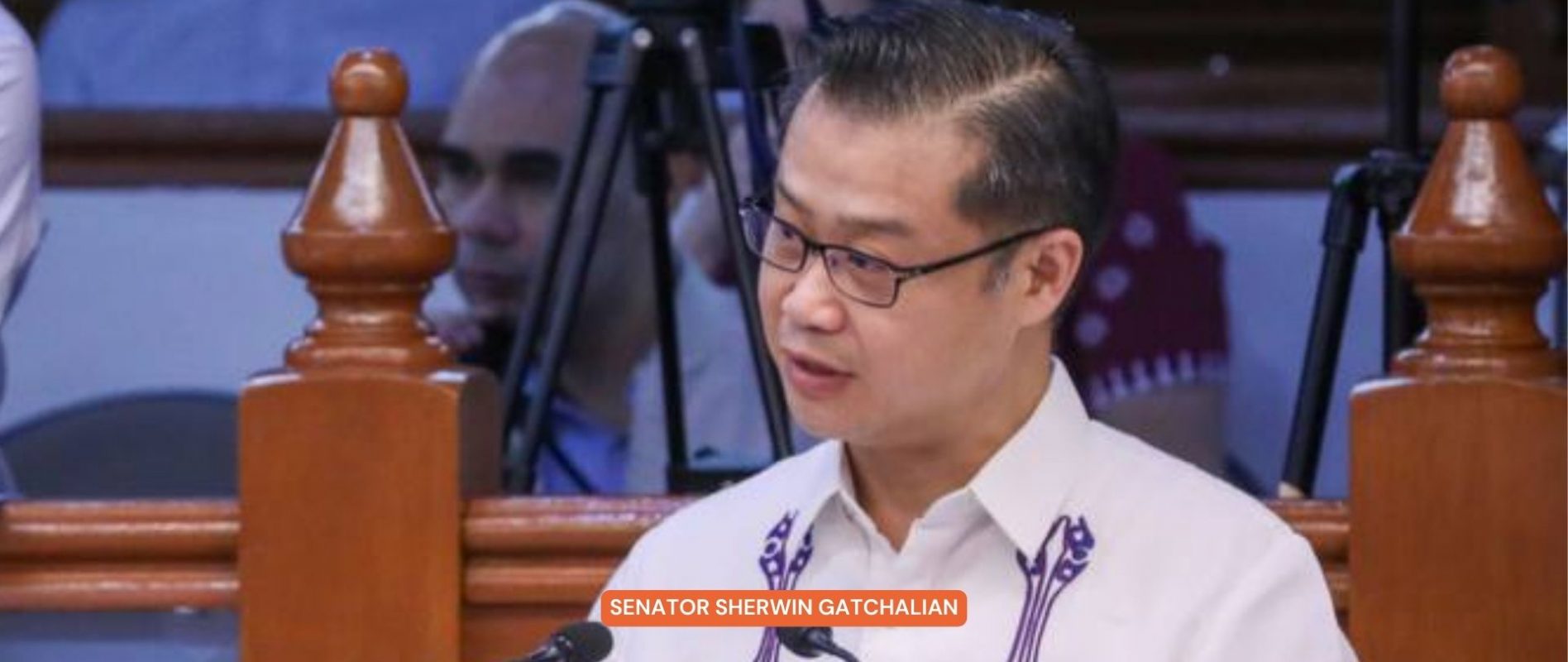PBED BACKS GOVERNMENT’S GOAL OF IMPROVING TEACHING QUALITY
THE PHILIPPINE Business for Education expressed optimism in the government’s efforts to improve teacher quality in the country as it is key to addressing the education crisis.
THE PHILIPPINE Business for Education expressed optimism in the government’s efforts to improve teacher quality in the country as it is key to addressing the education crisis.
The recent administration of the Board Licensure Examination for Professional Teachers, with over 100,000 takers every September, highlights the critical need to immediately improve teacher preparation, especially as teaching continues to be one of the top two most enrolled courses in the country, according to the Commission on Higher Education.
“Teachers play a pivotal role in developing the foundational skills of our learners. Therefore, we must continuously update our strategies to ensure we recruit and train only the best educators for our students,” PBEd Executive Director Justine Raagas said.
A PBEd study revealed that more than half of the teacher education institutions in the country consistently perform poorly in the BLEPT, with passing rates below the national average between 2010 and 2022.
CHED earlier this year committed to closing down TEIs which are consistently non-performing and non-compliant with the prescribed minimum standards.
According to the report issued by the Second Congressional Commission on Education, CHED issued Resolution No. 352-2024 which revised its policy of assessing the: 1. TEI’s board performance for years 2021-2023 covering only first-time takers; and 2. TEI’s compliance with CHED standards such as critical quality indicators per CHED Memorandum Order Nos. 74 to 80, and 82, series of 2017.
PBEd underscored that this order of CHED will help compel schools to provide teacher ed programs that are of higher quality—which the schools and our teacher education students deserve.
“We eagerly await CHED’s directive to shut down poorly performing programs, as future teachers deserve to be trained in good schools. However, we recognize that the BLEPT itself must also be evaluated and improved to ensure it effectively measures a teacher’s readiness,” Raagas said.
PBEd expressed its readiness to support and collaborate not only with CHED but also with the Teacher Education Council, which has recently been operationalized to improve the coordination and alignment of education curriculum with the content of the BLEPT.
“With systemic issues plaguing the current teacher education framework, updating policies and ensuring quality standards are critical in restoring trust and ensuring that only well-prepared educators enter the profession,” Raagas emphasized.














